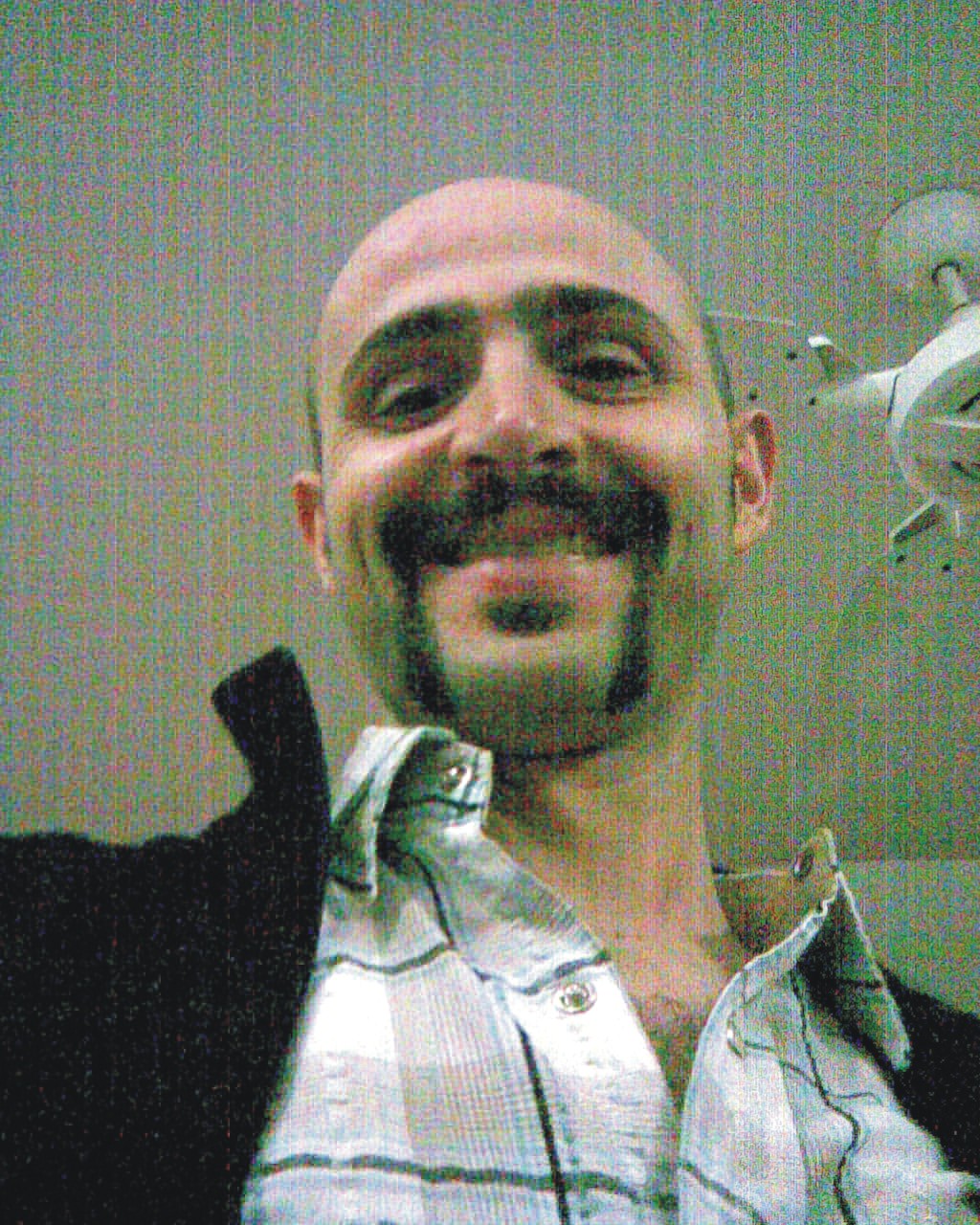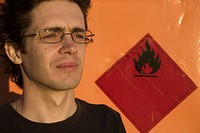Autores
 Alberto Corsín Jimenez. Doctor en Antropología Social por la Universidad de Oxford; Máster en Antropología Social por la London School of Economics and Political Science.
Alberto Corsín Jimenez. Doctor en Antropología Social por la Universidad de Oxford; Máster en Antropología Social por la London School of Economics and Political Science.
Soy antropólogo – de las ciudades, de la ciencia, y de las trampas. Sí, habéis leído bien: de las trampas.
Me interesan especialmente los procesos de urbanismo informal y fronterizo en América Latina y Europa. Los últimos diez años los he dedicado al estudio de colectivos y comunidades de “cultura libre”. Me interesa especialmente cómo las expresiones de “urbanismo libre” se comparan con otras formas de urbanismo informal, como por ejemplo la auto-construcción u otras experiencias de asentamientos urbanos no regulados. ¿Qué clase de complejidad muestran hoy las ciudades cuando las pensamos desde una perspectiva informal y “open-source”?
Me he interesado también por la historia y la etnografía de la ciencia y la experimentación, especialmente el estudio de “interfaces”, es decir, de diseños técnicos y experimentales que habitan esos espacios grises y confusos entre naturaleza y cultura. Ello me ha llevado a interesarme más ampliamente por la antropología de las trampas, quizás la tecnología paradigmática de los encuentros naturaleza-cultura.
La mayor parte de mi producción académica está disponible en mi sitio web.
Adolfo Estalella.
 Soy antropólogo e investigador posdoctoral en el Consejo Superior de Investigaciones Científicas (CSIC). Mis dos disciplinas de referencia son la Antropología y los Estudios de Ciencia y Tecnología.
Soy antropólogo e investigador posdoctoral en el Consejo Superior de Investigaciones Científicas (CSIC). Mis dos disciplinas de referencia son la Antropología y los Estudios de Ciencia y Tecnología.
Mi trabajo reciente está centrado en el estudio de las culturas digitales y las formas de urbanismo de base. Me interesan los proyectos ciudadanos y las iniciativas activistas dedicadas a intervenir en la ciudad, de manera más específica investigo dos aspectos de estos experimentos urbanos: las infraestructuras materiales que son mobilizadas para re-amueblar el espacio público y las prácticas epistémicas y los contextos de aprendizajes a través de los que circula el conocimiento. Otros dos temas de mi interés son las innovaciones metodológicas de la etnografía y la ética de la investigación.
—
Alberto Corsín Jiménez. PhD Social Anthropology (University of Oxford), MSc Social Anthropology (London School of Economics and Political Science).
I am an anthropologist – of cities, science, and traps. Yes, you read correctly: traps.
As an anthropologist of cities I am particularly interested in informal, guerrilla and frontier urban processes in Latin America and Europe. For the past ten years years I have been studying the work of “free culture” urban activism. I am interested in how such expressions of “free urbanism” compare with other accounts of informality in the city (auto-construction, makeshift urbanism, slum urbanism, etc.), as well as in the socio-technical assemblages through which such free and open-source projects problematize anew forms of urban complexity.
I have also an interest in the history and ethnography of science and experimentation. In particular, I have been drawn to the study of “interfaces”, understood as technical and experimental designs between nature and culture. I have studied in this context the development of open-source prototypes (linked to my interest in free culture activism). But I have also developed an interest in the comparative anthropology of traps, perhaps the paradigmatic technology of nature-culture encounters.
I am Reader in Social Anthropology in the Department of the History of Science at the Spanish National Research Council in Madrid.
Most of his academic writings are available for download at his website.
Adolfo Estalella. I am an anthropologist and postdoctoral researcher at the Spanish Research Council (CSIC). My two fields of research are Anthropology of Knowledge and Science and Technology Studies (STS). My recent work is focused in the study of digital cultures and forms of grassroots urbanism. I am interested in civic projects and activist initiatives that intervene in the city, more specifically I investigate two aspects of this forms of urban experimentation: the material infrastructures mobilized to refurnishing the public space and the epistemic practices and learning contexts through which knowledge circulates. Two other topics of my interest are the methodological innovations of ethnography and research ethics.

